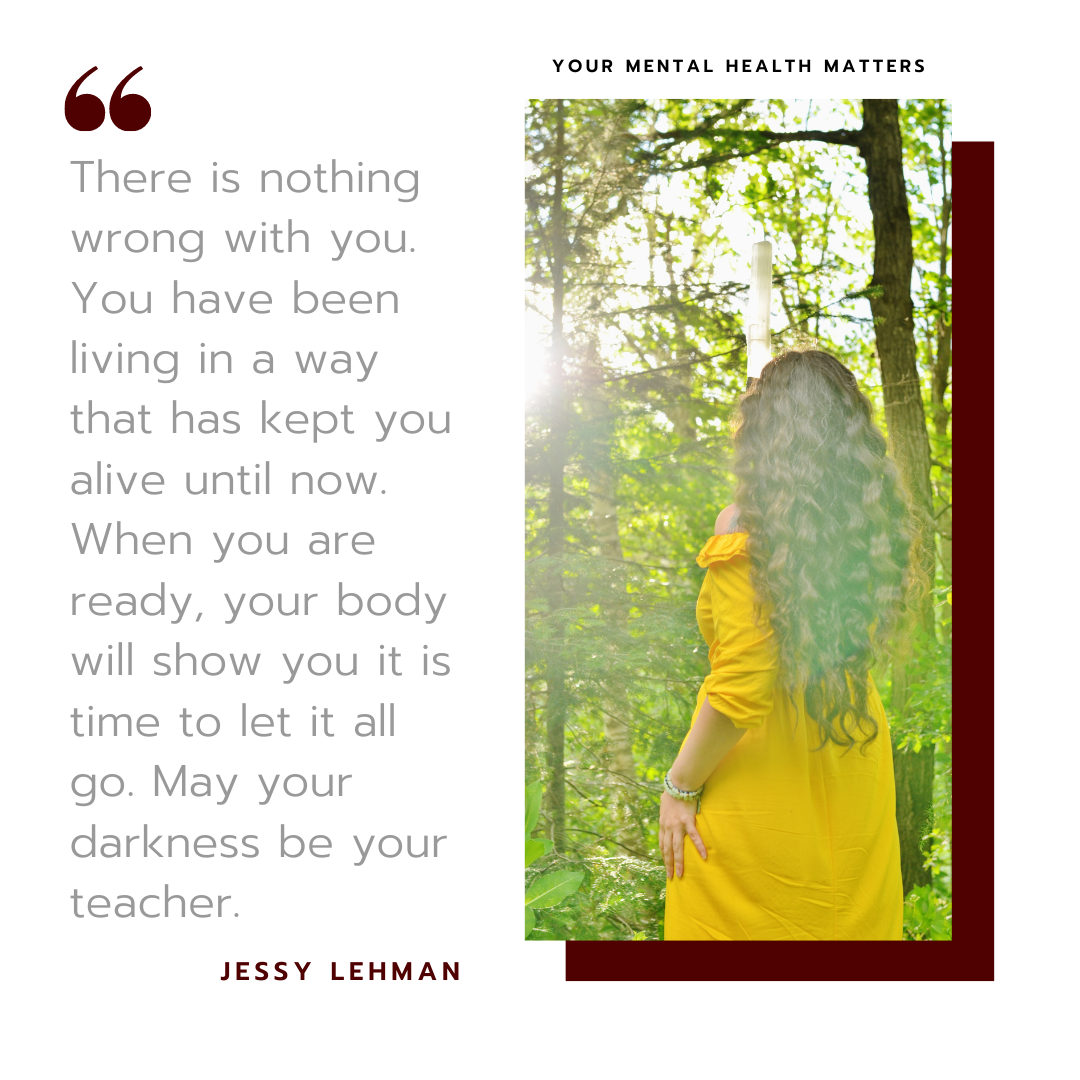The role of alcohol in our inner healing is one that a lot of humans shy away from.
I never wanted to admit that alcohol was a problem for me—I liked the lifestyle too much.
I never wanted to see the fact that for almost 10 years I was blackout drunk three to seven nights a week; when working in the hospitality industry, late-night drinking is pretty normalized. I wasn’t a drinker until I started working in restaurants. At first, I didn’t drink that much, but over time and with some good friends drunken stupors ending at 7:00 a.m. were common.
When four of us lived downtown and almost next to one another, it just got worse. We would stay up until 6:00 or 7:00 a.m., sleep for three to four hours, and then hitting another bar at 12:30 p.m. for lunch, caesars, and tequila shots. It was not unusual for us to go through $700 to $1,000 in a day at the bars.
Sure, I was in my early 20s—who doesn’t party? But it wasn’t a year or two stint, it was longer. Eventually, it became my normal lifestyle and perpetuated my experiences of depression and insomnia and created an illusion of self-worth.
Fast-forward to just before my 28th birthday, I had met my current partner a few months before and I was going to Peru by myself—I always travel alone—to attend a beautiful ayahuasca retreat for nine days, before spending another two weeks exploring Peru and hiking to Machu Picchu.
Why is this relevant?
It is relevant because I had to detox alcohol, sugar, salt, cannabis, and gluten from my life for a minimum of three weeks before my arrival. I needed this push to change. I knew I may slip once or twice, but I blamed it on the fact that I was a bartender and worked with booze. Now I know better: it was my own excuses.
I decided to stop drinking three months before going to Peru—it changed my entire life. I went one year without one drop of alcohol after that; now if I decide to have a drink, it is rare occurrence and only at home with my partner. It happens a few times a year and definitely not at the holidays because, well, they’re hard enough to get through without exhausting myself with alcohol.
Realizing I had a drinking problem was humbling—I couldn’t admit or even see it until I was already sober.
What has happened after living an alcohol-free life has been eye-opening. I realize that when I want to numb out, avoid, when I hate my body, when I am upset that life isn’t “going my way,” when my partner and I are in a disagreement, when I no longer want to face my inner self, when I am tipped into the pot of not enoughness—when I am angry, sad, and resentful—it is easier to turn to alcohol than it is to face the reality of my emotions.
Alcohol is a sneaky little demon. Casual daily drinks are so accepted that if someone does not drink they need to provide a good reason why. If someone (like my mom)—who has never been a drinker—shares that with people, they’ll get odd looks or the usual, “But how do you survive?” comments.
In a world with so much dis-ease, I have come to see the truth of alcohol—it keeps us trapped in our misery. It allows our body to hold onto painful memories. It is also packed with sugar—a killer and cause of disease.
Everything has their own unique vibrational frequency, or resonance; the constant vibration and frequency of alcohol is low, which drops our frequencies to its level—explaining why we experience increased depression and anxiety after we drink.
If I drink now, no matter how much, it takes a minimum of four days to feel myself again, and I meditate and do Reiki every day.
Alcohol is culturally accepted—infecting household after household with no sign of stopping.
I didn’t see the truth until I stepped into sobriety; I won’t go back.
It has been a different kind of awakening, one that I didn’t think I needed.
My medicine has been accepting my life for what it was and what it could still become; witnessing the power that comes from changing who you are, the way you live, and who you spend time with; and forgiving myself.
Reiki was my main catalyst for this and supported me to detox.
I hope wherever you are, you keep going and keep surviving. You are never too old to change, and you are never too far gone to be healed.
You are whole as you are and you do not need to hold onto shame or blame.
Set yourself free.
~


 Share on bsky
Share on bsky





Read 7 comments and reply